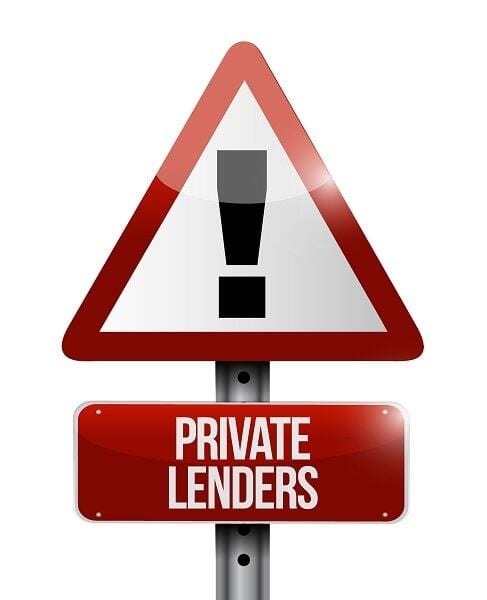What are the basic facts about the debt agreement that every borrower need to know? A debt agreement is one of the ways for the creditor to recoup some of their losses when the debtor is not able to pay them back in full and when it is difficult to collect on the debtor’s outstanding loan. The creditor and the debtor put new payment terms in writing, to allow the debtors to at least make partial repayments. Read our debt agreements FAQ and learn more about debt agreements.
When do I have to enter into a debt settlement agreement?
It is applicable when you owe a lender an amount of money and you are not able to pay it back in full. You need to document the new terms of the loan whenever you and your creditor agree to settle the debt.
Why do creditors settle for debt agreement?
By entering into an agreement, the creditors no longer have to waste time chasing you down. Instead, both of you reach an agreement on how much you can pay them.
What are the contents of a debt settlement?
The agreement contains the following:
- How you will make payment
- A statement that in case you fail to make timely payment, the total amount you owe becomes due.
- The date by which payment should be made
- The new debt settlement amount you agree to pay
- The original amount you owed
- You can also add other terms such as liability clauses and other things both of you would like to include.
Why do banks frown upon applications from borrowers in debt agreements?
The major banks may not approve a loan from someone who is under a debt agreement because they are very cautious when lending money to someone who has a bad credit history. They don’t want to put the company at risk in approving a loan for a borrower who cannot make timely payments.
Can I refinance a loan when I am still bound by a debt agreement?
Specialist non bank lenders like Australian Lending Centre allow borrowers like you who are still in a debt agreement to refinance your current mortgage so you can pay your agreement in full. If you have been in agreement for a year, but you made updated repayments, you might be able to borrow up to 70-80% of the value of your property. However, it is important to arrange for a pre-qualifying assessment to ensure that you have a realistic calculation of your home equity.
What are the benefits of entering into a debt agreement/settlement?
If you have limited financial resources and your situation does not allow you to pay back your debts in full, you can enter into this agreement. By doing so, you can avoid going bankrupt—which would have a terrible impact on your credit rating. It also helps you overcome difficult financial situations, by giving you some extra money to settle your debts and to pay for your immediate needs.
Other benefits of debt agreements include freezing the interest accruing on your debt, and paying a single monthly repayment instead of dealing with multiple repayments. If you have debt agreement administrator, he or she handles all the communication with your creditors, not you. That means lesser pressure on your part. Debt Agreements are appropriate for applicants who are at the verge of bankruptcy. It can help you avoid the major consequences like having a bad credit score that could result in countless rejections of credit applications. Bankruptcy must always be the last option. So, one of the effective alternatives a struggling borrower should consider is a debt agreement.
Is there an alternative to debt settlement?
If you don’t want your future creditors to know that you are struggling financially, to the extent that you entered into an agreement to repay your debts, try debt consolidation. It can help you negotiate payment arrangement with your creditors and it is definitely a practical alternative to bankruptcy.
Final thoughts
A debt agreement is a contract driven by the desire of both parties to settle the debts. The lender wants to get back the money while the debtor wants to pay it off.
Take a good look at the content of the debt agreement. It controls and directs the borrower on how to pay back the loan and how much to pay. But, if you don’t want to have a record of debt agreement on your credit file, you can simply take out a second mortgage or a personal loan, or any other affordable loan product to pay off the debts.
What is important is that you would satisfy the full amount of your loan, and at the same time enjoy an affordable and convenient repayment for the new loan.
When you have finally settled your debts, try to practice good financial habits. Pay your debts on time, spend less and try to grow your money either through investments or additional source of income. This way, you wouldn’t have to face the same dilemma of signing debt agreements anymore.








